New Driverless Car Concept Designs Unveiled
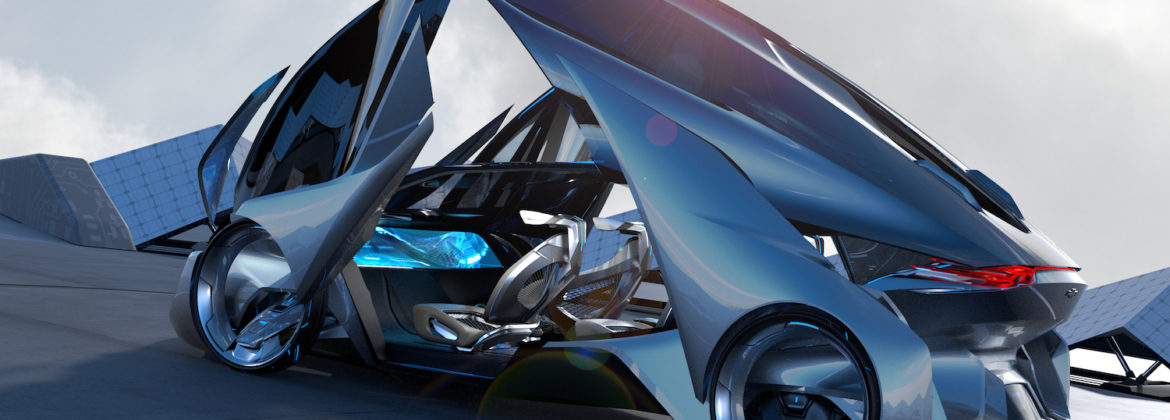
5 companies planning models with different twists on autonomous vehicles
As the car rental market tinkers with its current business models to keep pace with technology for the sake of efficiency, not to mention attracting a fickle next generation of customers and whatever arises in the continuing climate change debate, driverless cars might not seem a priority at the moment.
A J.D. Power survey from 2018 revealed that roughly 40 percent of Americans showed a great deal of mistrust in autonomous technology, swearing they would be caught dead riding in such a vehicle. Additionally, the federal government has stated that the regulatory framework for driverless vehicles to be on the road is far from ready. One spokesperson for the National Highway Safety Traffic Administration said there exists a great deal of wariness about hastily implementing laws to mitigate the likelihood of accidents if road fatalities involving autonomous cars start spiking.
Still, that’s not stopping the automaker brain trust from dreaming a bit and working on some concepts that might revolutionize the autonomous industry in at least five years. So, let’s take a look at the five driverless car concepts that the companies plan on rolling out.
Nissan IDS
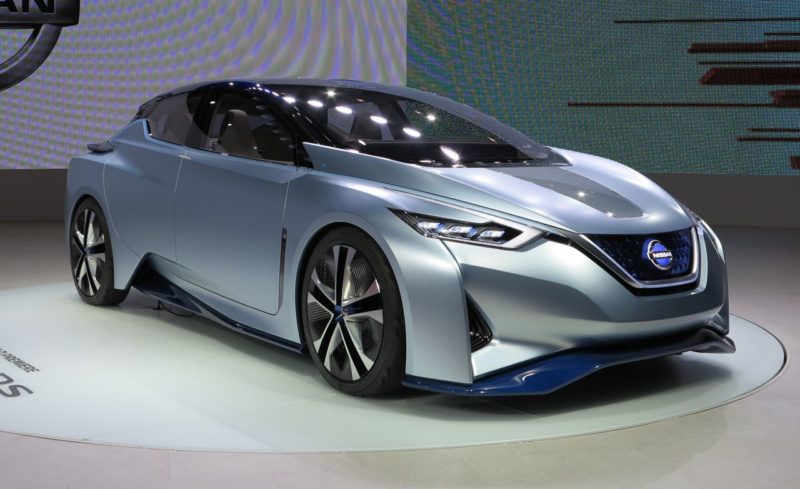
Nissan’s IDS is still on the drawing board, but the buzz is that the car will be totally dependent on an on-board computer capable of responding to voice and gesture commands. A Piloted Drive function operates the IDS with the steering wheel removed, although more nervous passengers can put the wheel back on and drive it manually.
Nio Eve
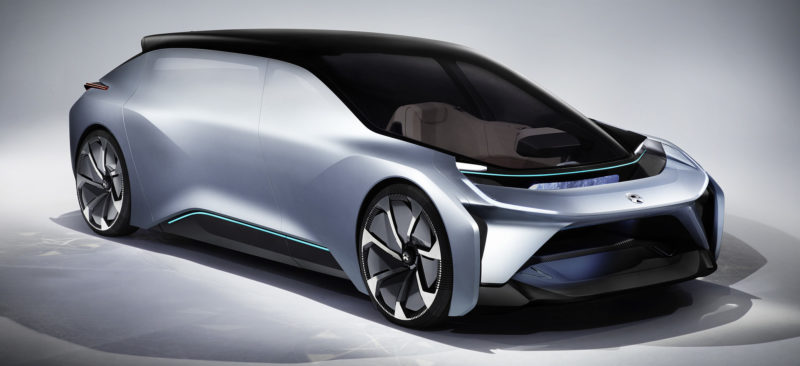
NextEV has something faster in mind with its Nio Eve, which will be fully electric, boast a top speed of more than 190 miles per hour and is designed to zoom from a standstill to 55 miles per hour in 2.7 seconds. And when driving in unmanned mode, the lack of a steering wheel frees up room for a passenger to concert the seat into a bed, handy for someone travelling all night.
Chevrolet FNR
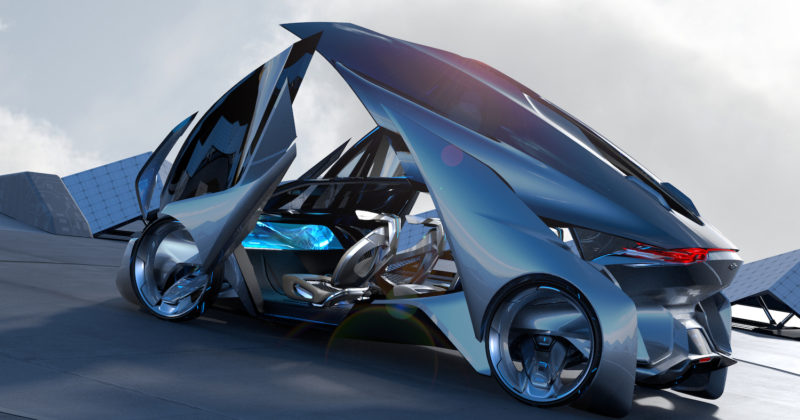
You’d be hard pressed to identify GM’s brainchild as a Chevrolet as the forthcoming FNR more resembles a Blade Runner transporter than something you’d see zipping around the Daytona track. Complete with wing-shaped doors and a dashboard that looks like the interior of a space capsule, the FNR is futuristic in more than appearance alone. It’s electric and driverless, although options exist for manual control. Magnets control the wheels, capable of 180-degree rotation and for superb night driving, the FNR comes with crystal-laser headlights. GM has more driverless car concepts in the works.
Toyota Yui
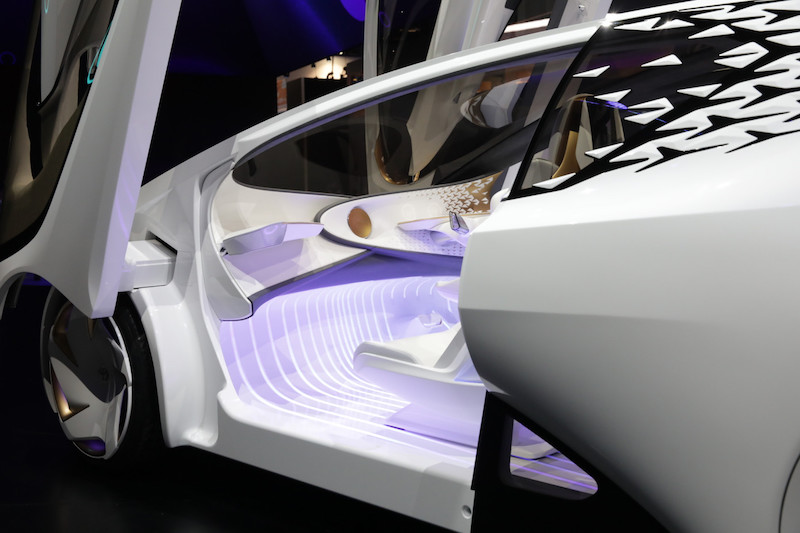
Toyota’s Yui is yet another outlandish design, which will be fully automated, although those who want to control the vehicle themselves do have access to a steering wheel and foot pedals. But those seduced by the notion of futuristic models might be more enthralled with the artificial intelligence that will drive the Concept-I system. It responds to voice and light commands as well as holograms, which are themselves still a ways off. Yui’s also designed to emulate human driving habits so it can anticipate your reflexes and maneuvers as if you’re behind the wheel.
Audi Aicon
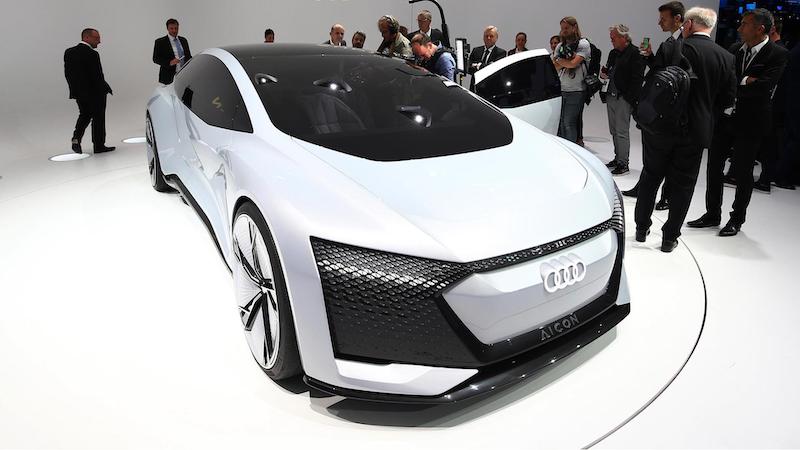
Finally, the Audi Aicon makes no allowances for manual control. So confident is Audi that its artificial intelligence technology will be foolproof, it’s removed anything to do with manual control in the forthcoming Aicon. Even the airbags are absent, adding to Audi’s gamble on the electric vehicle will be accident-free. Designed to run at a maximum of 80 miles per hour, the Aicon is also supposed to be energy-efficient, going as far as 500 miles before it needs another charge.
Besides these five unique driverless candidates, thousands of driverless car concepts are still in the planning stages, meaning that if the rental car industry finally gets to offering more in terms of driverless fleets, there will be plenty of models to choose from.